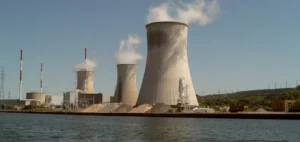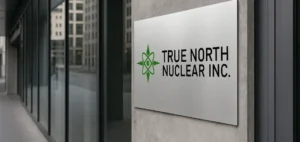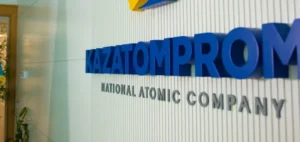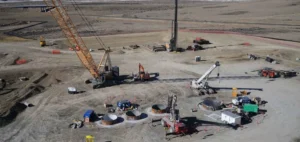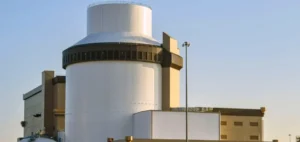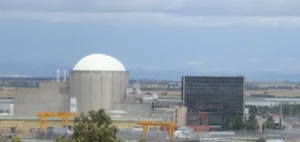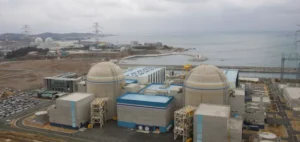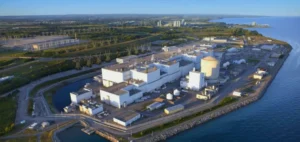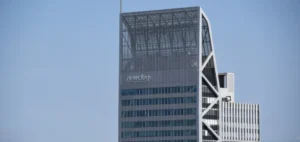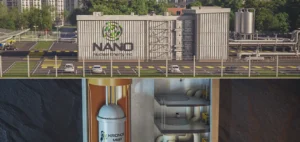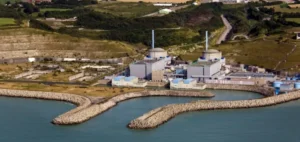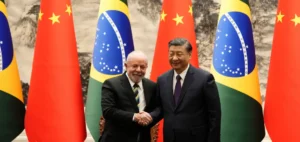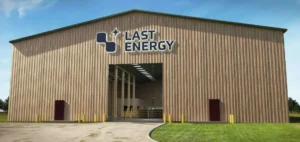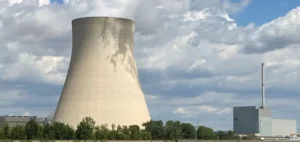With energy costs weighing increasingly heavily on British households’ budgets, the government and energy company Centrica have welcomed EDF’s two-year extension of the life of the Heysham 1 and Hartlepool nuclear power stations.
Good news for energy supply
Energy Minister Grant Shapps called the decision “good news” in a statement sent to AFP. According to Centrica, the extension would add 6 TWh to its electricity volumes between 2024 and 2026, which is equivalent to about 70% of the company’s nuclear power in 2022. EDF estimates that this decision will generate 29 TWh of additional electricity for British energy operators.
Extension possible through regular inspections
Both Heysham 1 and Hartlepool were taken over by EDF in 2009 and were originally scheduled to be closed in 2014, but have had their lives extended by ten years. After inspecting graphite reactor cores in 2022, EDF said these plants could operate longer while meeting strict regulatory standards.
A strategy to strengthen the UK’s energy security
The British government recently detailed its plans to strengthen its energy security, due to its dependence on gas and following the war in Ukraine. Grant Shapps said that building new nuclear power plants is vital to strengthening the country’s energy security by supplying more power from domestic sources. The UK plans to build up to eight new reactors by 2050.
Projects in progress
As part of this strategy, London has already given the green light last August for the financing of the Sizewell C project, while the construction of the Hinkley Point C nuclear power plant is underway. The British government is also considering building small modular reactors in partnership with Rolls-Royce, but these projects will require years of development.




